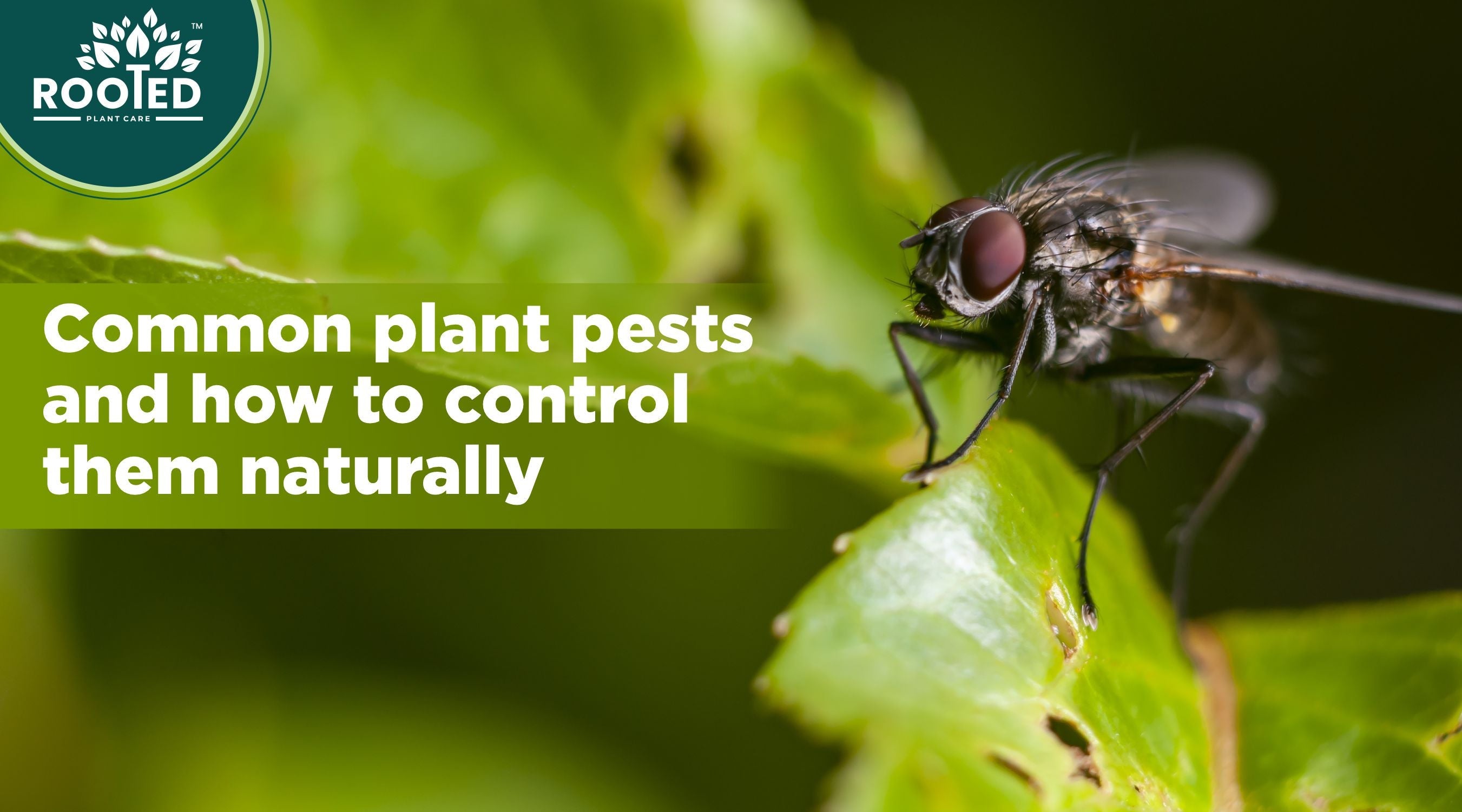Sipping tea/coffee in the morning wind while relaxing or taking a walk in your own garden is what everyone desires.
Having a beautiful garden or a thriving indoor plant collection is a joy, but it can also attract unwanted guests in the form of plant pests. Dealing with pests can be frustrating, but resorting to harsh chemical pesticides isn't always the best solution. That’s where we step in, Zyax is the perfect substitute for pesticides and yet more effective than them.
In this article, we will explore some common plant pests and provide you with natural control methods to keep your plants healthy and pest-free.
Aphids:
Aphids cause stunted growth and distorted leaves.
To control aphids naturally, you can:
- Spray a mixture of water and neem oil concentrate directly on the affected plants. This solution suffocates the aphids.
- Attract natural predators like ladybugs and lacewings to feed on aphids and curb their population.
- Plant companion plants such as marigolds, nasturtiums, and catnip which repel aphids.
Mealybugs & Spider Mites:
Mealybugs suck sap from plants, leading to weak and discoloured foliage. Whereas, Spider mites turn leaves yellow and develop a stippled appearance.
To combat mealybugs & spider mites naturally, try these methods:
- Wipe affected leaves with a cotton swab dipped in rubbing alcohol. It kills the insects on contact.
- Introduce predatory insects like predatory mites or ladybugs, which feed on spider mites.
- Apply a mixture of water and Rooted Neem Oil, a natural insecticide derived from the Neem tree to repel pests.
Slugs and Snails:
Slugs and snails can wreak havoc on plants, leaving behind irregular holes in leaves and fruits. To deter them naturally, try these methods:
- Create barriers using materials like copper tape or crushed eggshells around vulnerable plants. Slugs and snails are repelled by these substances.
- Encourage natural predators like toads, frogs, and birds by providing suitable habitats, such as ponds or birdhouses.
Whiteflies:
Whiteflies are small, winged insects that cluster on the undersides of leaves, sucking sap, causing yellowing and wilting.
To control them:
- Use sticky traps such as yellow cards coated with a sticky substance to attract and catch adult whiteflies.
- Introduce natural predators like ladybugs or parasitic wasps, which feed on whitefly eggs and larvae.
“Harmful pesticides and fertilizers are not good for the plant’s overall health.”
This is a fact well known by the masses. If you are building or possess your very own dream garden then why destroy its beauty with the use of such chemicals? In these cases, organic pesticides can be used as a good resort. These pesticides are made from natural ingredients and are harmless to the environment than chemical pesticides. However, always follow the instructions carefully and reapply as and when needed.
Zyax Garden Care Range helps you deal with the situation by bringing a natural, chemical-free and more effective solution actively found in nature and used for centuries in yesteryear farming methods.
What Plant Mama Recommends:
Rooted Neem Oil Spray or Concentrate, derived from the seeds of the Neem tree, is an organic and natural remedy that effectively deters pests from your plants and gardens. It provides lasting protection without posing any harm to beneficial organisms. This non-toxic solution is highly efficient in combating various pests like aphids, mites, thrips, caterpillars, and whiteflies, surpassing the effectiveness of synthetic pesticides.
Regularly monitor and maintain your garden to prevent future pest infestations.
One of the best ways to control plant pests is to prevent them from ever becoming a problem in the first place. Regularly monitoring your garden for signs of pests and taking action as soon as you notice them can help prevent a small infestation from turning into a full-blown problem. It includes regular inspection of your plants for signs of damage, checking the undersides of leaves for pests, and removing any dead or diseased plant material.

